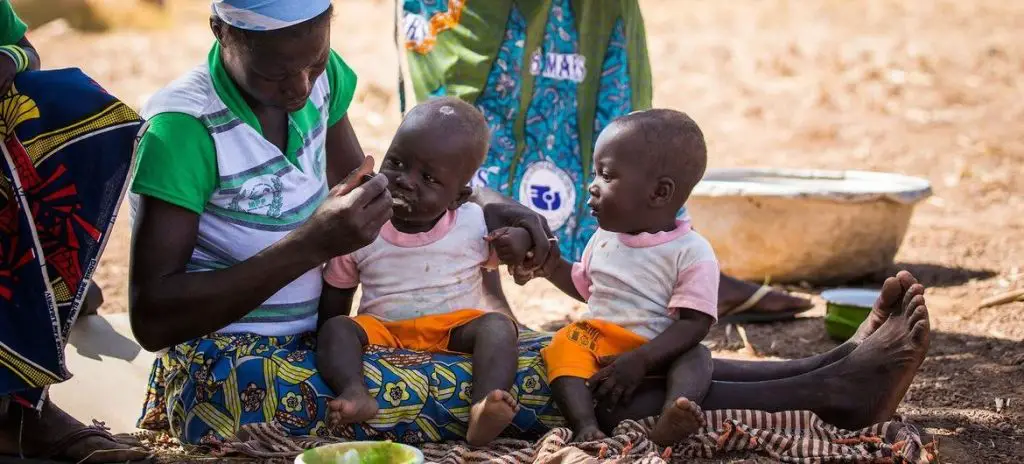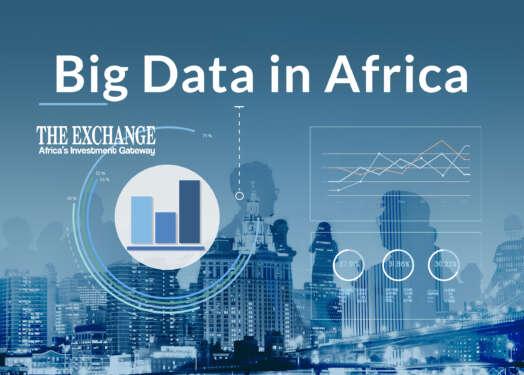- Africa’s new dawn: the rising role of digital and AI in agriculture
- Can Dangote Refinery Transform Africa Energy Ambition
- Gallup Survey: 80 per cent of Kenyan Workers Are Disengaged and Seek New Opportunities
- Madagascar Man Freed from 5KG Tumor After 15-Year Struggle
- How women in Africa are perceived and treated
- Sugar consumption in Kenya to Increase to 1.23 Million Tonnes
- Can Somalia and Turkey Oil deal Bring Change in Somaliland
- Remittances to Kenya dropped to $371.6 million in June, marking a six month low
Browsing: eradicating poverty in Africa
The report indicated that AfCFTA has the potential to attract greater FDI, required for Africa to diversify into new industries such as agribusiness, manufacturing and services. The report projects that this could create 18 million new jobs by 2035, with 2.5 per cent of the continent’s workers moving to new industries. In addition, more significant FDI could raise Africa’s exports to 32 per cent by 2035, with intra-African exports growing by 109 per cent, especially in the manufactured goods sectors. All countries will record an intra-African export increase, such as Tunisia by 165%, Cameroon by 144%, Ghana by 132%, Tanzania by 126% and South Africa by 61%.
Breaking trade barriers will increase investment and export sectors likely to grow the most: textiles and apparel, rubber, chemical and plastic products, and processed foods. Deeper integration would lower trade costs and boost capital inflows, bolstering exports from service sectors such as communication, …
- In 2020, sub-Saharan Africa plunged into its first recession in more than 25 years, erasing at least five years of progress in fighting poverty.
- Economists forecast that lost ground will not be recovered until 2024, when they expect per capita output to return to pre-pandemic levels.
- The persistent impact of the pandemic on incomes means the poverty rate would translate into almost 25 million more people living in poverty, compared with pre-Covid estimates.
The COVID-19 pandemic has pushed an estimated 30 million people in sub-Saharan Africa into extreme poverty, wiping out more than five years of progress.
This is according to a report released at the ongoing Bloomberg New Economy Forum in Singapore which finds that whilst some ground will be made up as economies across the continent recover, this will still not be enough to meet the United Nations’ Sustainable Development Goal of eradicating poverty by 2030 – a …
There has never been a generation that has benefitted from simplified access to and disseminating information than the currtient one. Statistically, there are over three billion smartphone users worldwide. With the digital landscape connually growing, developing countries are not left behind. Although a significant number of people on the African continent have no access to internet connectivity, there is steady growth, and it is anticipated that at least 475 million users will be able to access the internet via their mobile phones by 2025.
What is big data?
Big data is a term used to describe significant volumes of data, either in structured or unstructured forms, which are relayed daily. In business, big data is useful for analysis and leads to strategic decision-making and planning.
Big data and technology
Technological devices run on data. They collect data and use it to perform different functions, processing it and assisting …
The African continent is wealthy with vast mineral resources, which are 30% of the world’s total mineral reserves. Ninety percent of the world’s platinum and chromium reserves are found in Africa.
Sixty percent of the world’s arable land is located in Africa, which spells much potential for agriculture. Africa also boasts of many tourist attractions, including the majestic Victoria Falls, World Heritage Sites such as the Egyptian pyramids, as well as the numerous game reserves, to mention a few. This is in addition to the rich African culture as well as the diverse ethnic groups with over 1500 languages. It is the world’s second-largest and second most-populous continent.
Despite lying on a rich bed of resources, both natural and human, the narrative about Africa remains that of the poorest of the poor.
Changing the narrative
For a long time, the narrative of Africa as an impoverished continent has …








